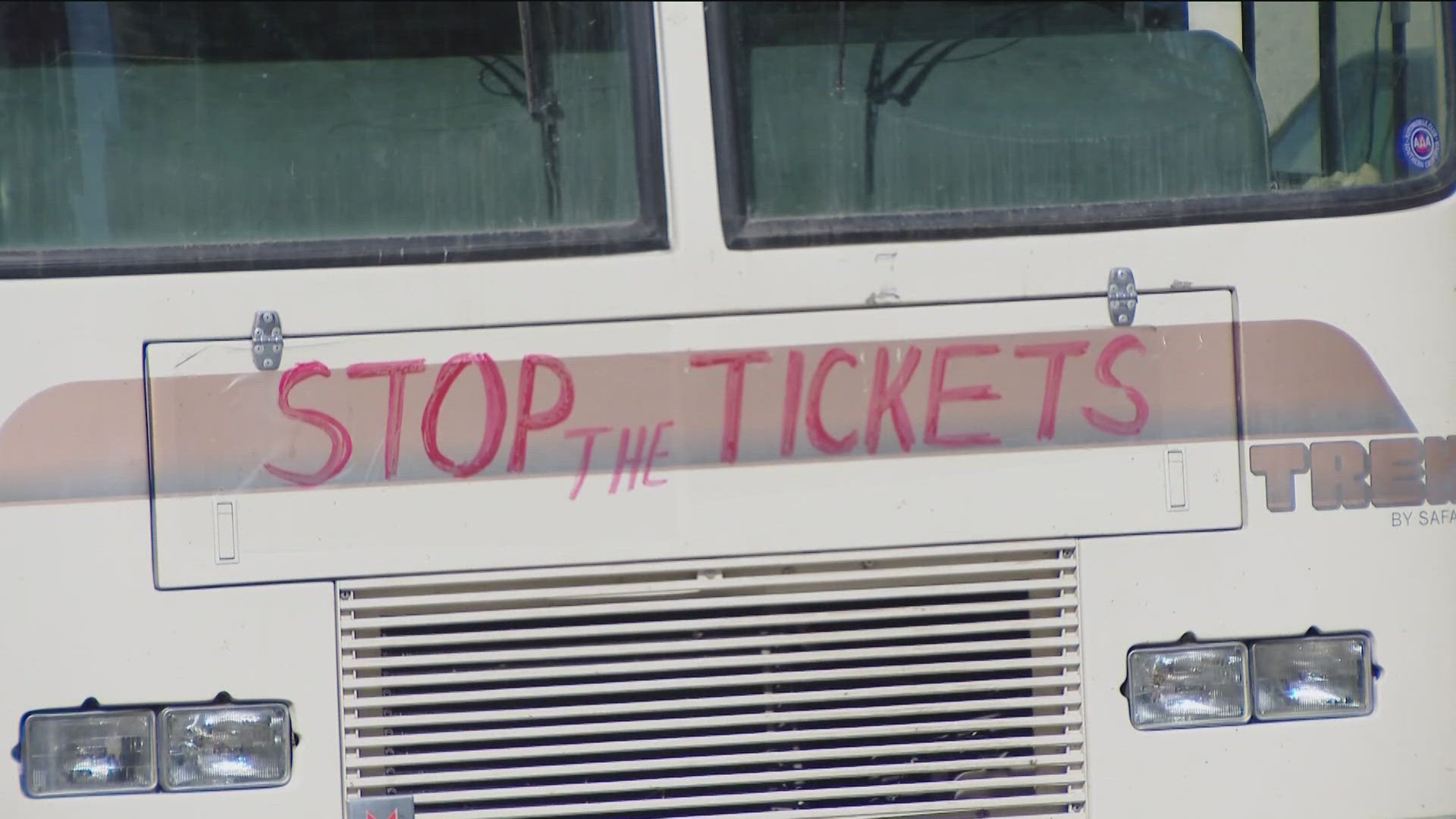SAN DIEGO — Major changes are coming to San Diego's ban on living in vehicles.
A class-action lawsuit, filed back in 2017, alleged that the city's policy of targeting people living out of their cars or RVs, with nowhere else to stay, was unconstitutional.
Seven years later, a settlement has finally been reached.
Homeless advocates say this new settlement will make sure that those San Diegans living out their cars, and otherwise following the law, will not be punished for circumstances beyond their control.
"This is a victory," said San Diegan Penny Helms, who has been living out of a vehicle since 2007.
While she's now staying in her RV at a safe parking site in Mission Valley, she previously had to park on the streets, where she said police could often make life difficult.
"They just started harassing us any way that they could to get rid of us," she told CBS 8, "and you can't get rid of homelessness, without creating homes."
She said law enforcement would aggressively ticket those San Diegans with no other shelter option.
Those tickets, if unpaid, would sometimes lead to being towed, she added.
"It impounded their life," Helms said. "It wasn't just their shelter, but everything they owned."
"They would end up on the streets, and several of our named plaintiffs actually ended up homeless, with no shelter because their vehicles were impounded," said attorney Ann Menasche, who filed the suit. She called this settlement "groundbreaking."
As part of the court agreement with the city, thousands of dollars worth of tickets will now be waived, and law enforcement will not enforce current rules prohibiting people from living in their vehicles on public streets when there are no other options available.
"So if they can't get into a safe lot because there are no spaces or they can't afford the gas to drive back and forth, they're too far away, they can not be penalized, they cannot be ticketed , they cannot be cited," she told CBS 8.
The settlement also mandates that the city invest up to $900,000 into Mission Valley's safe parking site, the only one in the city open to RV's and campers.
These additions will include power hook-ups, running water and flush toilets.
"To have electricity, to have running water, to have flush toilets, the things that most Americans take for granted, we do not have here," Helms said. "It will change the lives of the people in this lot tremendously.."
Helms, who is now actively searching for permanent housing, hopes San Diego's safe parking options will soon expand.
"For the people on the streets, hopefully, hopefully they open more lots that make off-street parking for RVs available," she added.
San Diego's federal court will now oversee the implementation of this settlement over the next three years.

